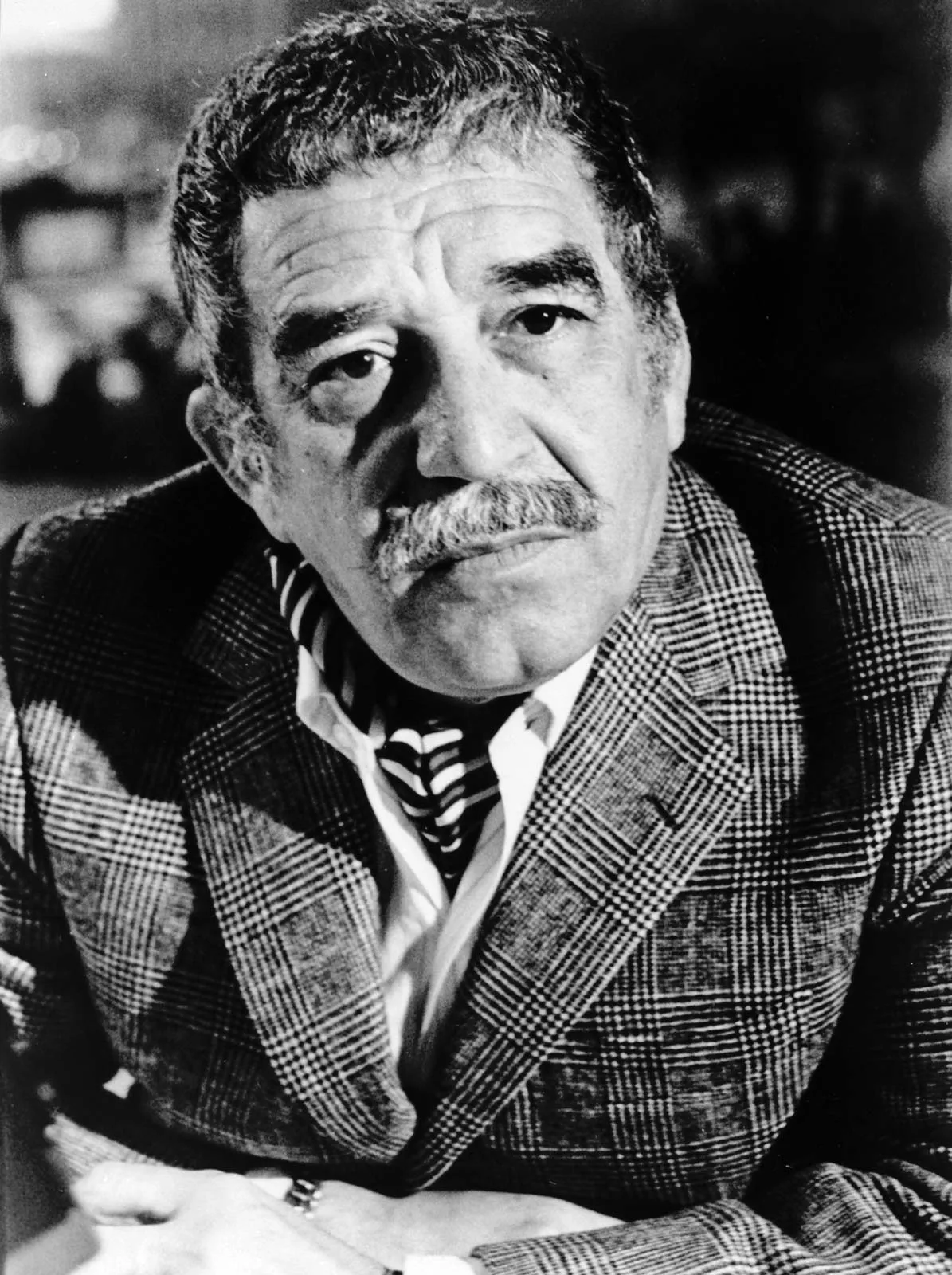
A master storyteller, Colombian novelist Gabriel García Márquez ushered in a new era in the literary world by weaving magic with reality and giving a fresh spin to the conventional style of storytelling. The literary fiction style of magical realism has supernatural and dreamlike elements blended into the temporal world. Let's read up on the author whose birth anniversary falls in March.
Tiny yellow flowers rain from the sky, magic carpets fly, villagers get haunted by ghosts, corpses do not decompose and trickles of blood climb stairs! The real and the magic merge here. Colombian novelist and Nobel laureate Gabriel García Márquez took fiction to a whole new level, seamlessly integrating fantasy and dreamlike elements into realistic settings. What he started came to be referred to as magical realism. Perhaps Márquez is one of the few Latin American authors who enjoyed so much international success. His works were universal and got translated into dozens of languages and sold by millions. Be it critical acclaim or widespread commercial success, Marquez enjoyed it all.
Early years
Born in Aracataca, Colombia in 1927, Márquez was the eldest of 16 children. His parents were Luisa Santiaga Márquez and Gabriel Elijio Garcia. His father was a postal clerk and telegraph operator. A large part of his childhood was spent living with his grandparents. He has mentioned that his maternal grandfather, Nicolas Márquez Mejia, a retired army man, was a great influence on him. He often called him the most important figure of my life when he was a teenager. Márquez moved to Bogotá. Although he began to study law here he abandoned his studies and started working as a journalist. He started working for the Colombian newspaper ‘El Espectador’. In the 1950s and 1960s, he worked as a foreign correspondent in Paris, Rome, Barcelona, New York and so on. He then decided to focus on creative writing.
Literary career
Marquez is synonymous with magical realism. He popularised the unique literary style of storytelling where reality and fantasy blend seamlessly. Marquez was also an avid reader. In an interview, he once remarked "I cannot imagine how anyone could even think of writing a novel without having at least a vague of idea of the 10.000 years of literature that have gone before.” Having said that Marquez always made sure that he never imitated the writers he admired. While Marquez is widely known for his work "One Hundred Years of Solitude” (1967) which earned him the Pulitzer Prize his non-fiction works and short stories are equally famous "Love in the Time of Cholera” (1985) is yet another famous novel of his.
When the newspaper where he worked was shut down. Marquez went jobless. Event while he was stranded in Paris and doing odd jobs, he started working on two novels titled “No One Writes to the Colonel” and “In Evil Hour” which were published in 1961 and 1962 respectively. Incidentally, the first novel "Leaf Storm” was published in 1955
"One Hundred Years of Solitude"
His masterstroke arrived in the form of “One Hundred Years of Solitude”, where the story revolves around the isolated town of Macondo. The fantastical and magical elements in the story are written in such a way that they look like they are rooted in reality.
Marquez got inspired to write the story when he was driving to Acapulco, Mexico. He had moved to Mexico City by then. On reaching home, he tried to give shape to his idea and spent 18 months writing the novel. The book was published in 1967 and was an instant success so much so that it was sold out within days. He was awarded the Nobel Prize in Literature in 1982.
Magical realism
While Marquez is regarded as one who invented magical realism, the author never made any such claim. He often said that some elements of the genre had appeared earlier in Latin American literature. This style of writing later inspired writers across including Isabel Allende and Salman Rushdie.
He died of pneumonia in 2014 at the age of 87.
Picture Credit : Google




